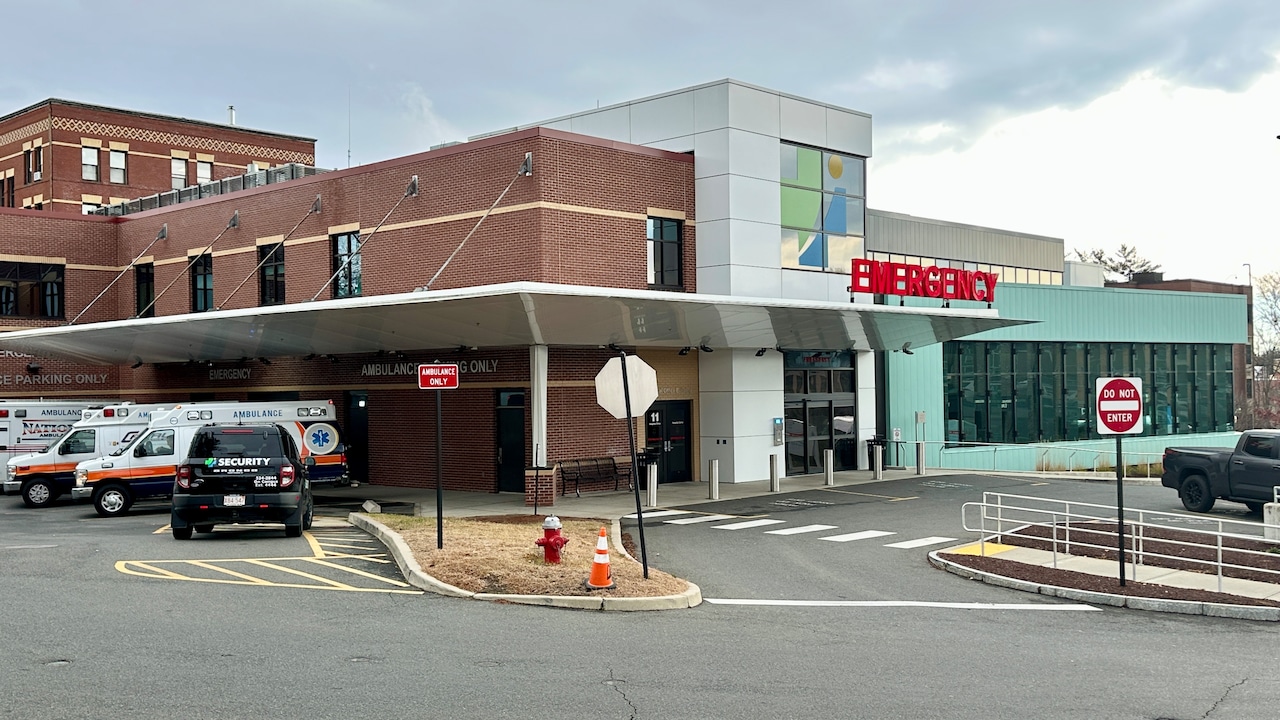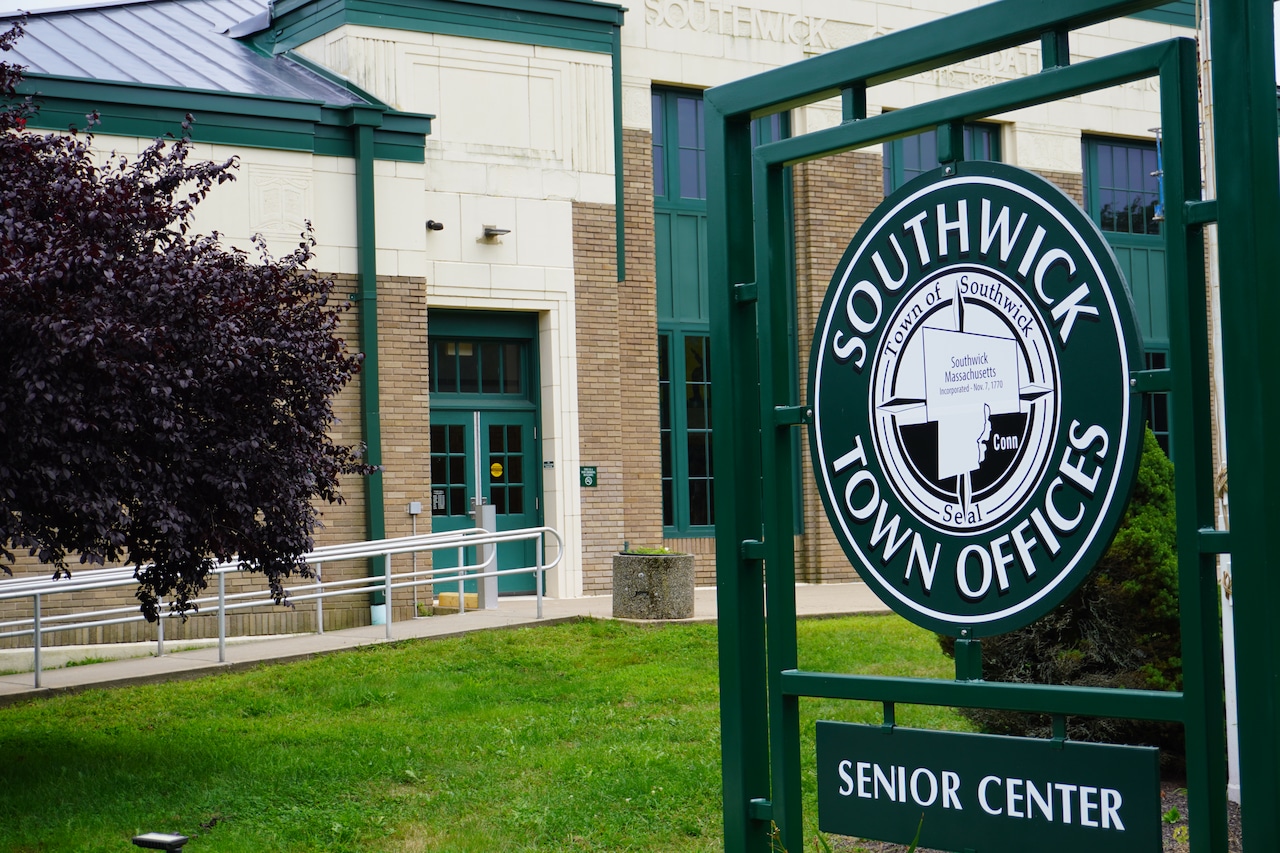
HOLYOKE — Emergency room doctors, physician assistants and nurse practitioners at Holyoke Medical Center were on their way to becoming hospital employees when the staffing company they worked for shut down abruptly nationwide a week ago.
All of the ER staff — about 15 physician assistants or nurse practitioners and 16 doctors — already had sensed trouble looming with NES Health and wanted to become employees of the hospital directly. Though originally hired through a staffing firm, many of these health care professionals had been working at the hospital for years.
But despite Holyoke Medical Center and its ER staff preparing for four months, NES Health’s insolvency left everyone scrambling. Some doctors and advanced practitioners are looking for back pay, which they’ll have to try to collect from NES.
Also, without NES Health to back them up, these medical professionals are now on the hook for very pricey “tail” malpractice liability insurance to keep themselves covered as they switch employers.
“We didn’t want any of the disruption,” said Spiros Hatiras, president and chief executive officer of Holyoke Medical Center and Valley Health Systems. “We guarantee that we are going to pay (the doctors, nurse practitioners and physician assistants).”
He said all of the workers will become hospital employees. Hatiras also said patients won’t notice any changes in care now that NES Health is no longer the ER staff’s employer.
Payroll runs about $350,000 to $400,000 a month, and that’s also about what Holyoke Medical Center can expect to recoup from insurers for the care provided.
Hatiras hopes to get the billing worked out in the next 30 days or so with insurance companies. If not, Holyoke Medical Center might lose out on some money, as it might not be able to bill those insurers for services provided.
“There is a bit of an exposure,” Hatiras said. “There is not much else we could do.”
Holyoke Medical Center’s emergency room gets 130-or-so visits a day, averaging 47,000 visits a year.
NES Health didn’t respond to calls and emails this week. In the trade press, experts speculate that NES Health is holding off filing for bankruptcy until it can collect insurance payments that are still in the pipeline.
The CEO and chief medical officer of NES resigned earlier this month.
An email from the company to its doctors and advanced practitioners from last weekend states: “NES does not have any funding or available cash. Consequently, NES will not be able to provide malpractice coverage. NES has made the difficult decision to wind down its operations and cease doing business. We deeply regret this situation.”
Based in California, NES Health provided doctors and advanced practitioners to 37 emergency rooms. None other than Holyoke Medical Center are in Massachusetts.
NES Health did provide emergency room staff to Johnson Memorial Hospital in nearby Stafford Springs, Connecticut, which is, like Mercy Medical Center in Springfield, owned by Trinity Health New England.
Seeking NES exit back in July
Hatiras said emergency room doctors at Holyoke Medical Center approached management in July, saying they were unhappy with NES Health and wished to become employees of Holyoke Medical Center.
Problems, they said, centered around benefits and support.
Holyoke Medical Center has made similar moves in the past with anesthesiologists and some radiologists, for example.
“But this is not easy and takes time,” Hatiras said. The process includes reestablishing the doctors with insurers, which happens anytime physicians change their employer.
As that process was unfolding, NES Health in October stopped paying some physicians who worked as subcontractors.
Hatiras said he’s grateful that the doctors came forward and that Holyoke Medical Center got a head start on bringing the doctors and practitioners on board as staff. His advice to other hospital administrators: “Listen to your docs.”
“They knew something was up,” Hatiras said. “We listened to them, thankfully. We listened to them back in July. It would have been a huge mess if we’d done nothing.”
In Amarillo, Texas, the Northwest Texas Healthcare System temporarily closed three freestanding NES-staffed emergency rooms at the end of October when people were not available to work because of payroll problems, according to published accounts.
Staffing companies like NES Health are useful, because they develop expertise in billing and collecting payments for emergency room services, Hatiras said. Also, these companies specialize in recruiting emergency room doctors, which can be challenging for a hospital.
A staffing company also provides a “bench” of available doctors to fill gaps, bringing in a doctor from Johnson Memorial, for example, to take over a shift in Holyoke in a pinch, Hatiras said.
Doctors and other practitioners involved are still worried about the malpractice coverage, according to emails and messages in online forums.
They are covered by hospital insurance now, Hatiras said. And NES Health was providing coverage, when the doctors worked for the company.
But NES isn’t providing “tail” insurance — otherwise known as extended reporting period coverage — which protects them against claims reported after an insurance policy ends.
It’s important for doctors, because malpractice claims for incidents that took place when they worked for NES might not be filed for months or years.
Getting this coverage from a new insurance provider is prohibitively expensive, because the insurer doesn’t know the risk it’s taking, Hatiras said.
Online sources peg the cost of tail insurance at 100% to 300% of a health professional’s regular malpractice insurance costs. In an email to The Republican, a concerned health care worker noted quotes of about $60,000 and up for the tail coverage.
The Massachusetts Attorney General’s Office said employees who believe their rights to receive all wages due have been violated may file a complaint with the AGO’s Fair Labor Division at mass.gov/ago/fld.





